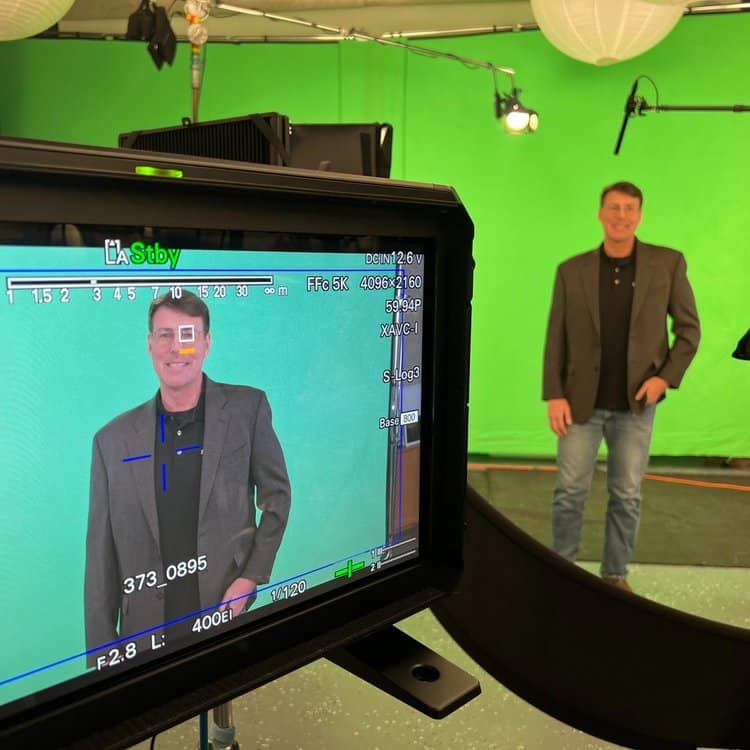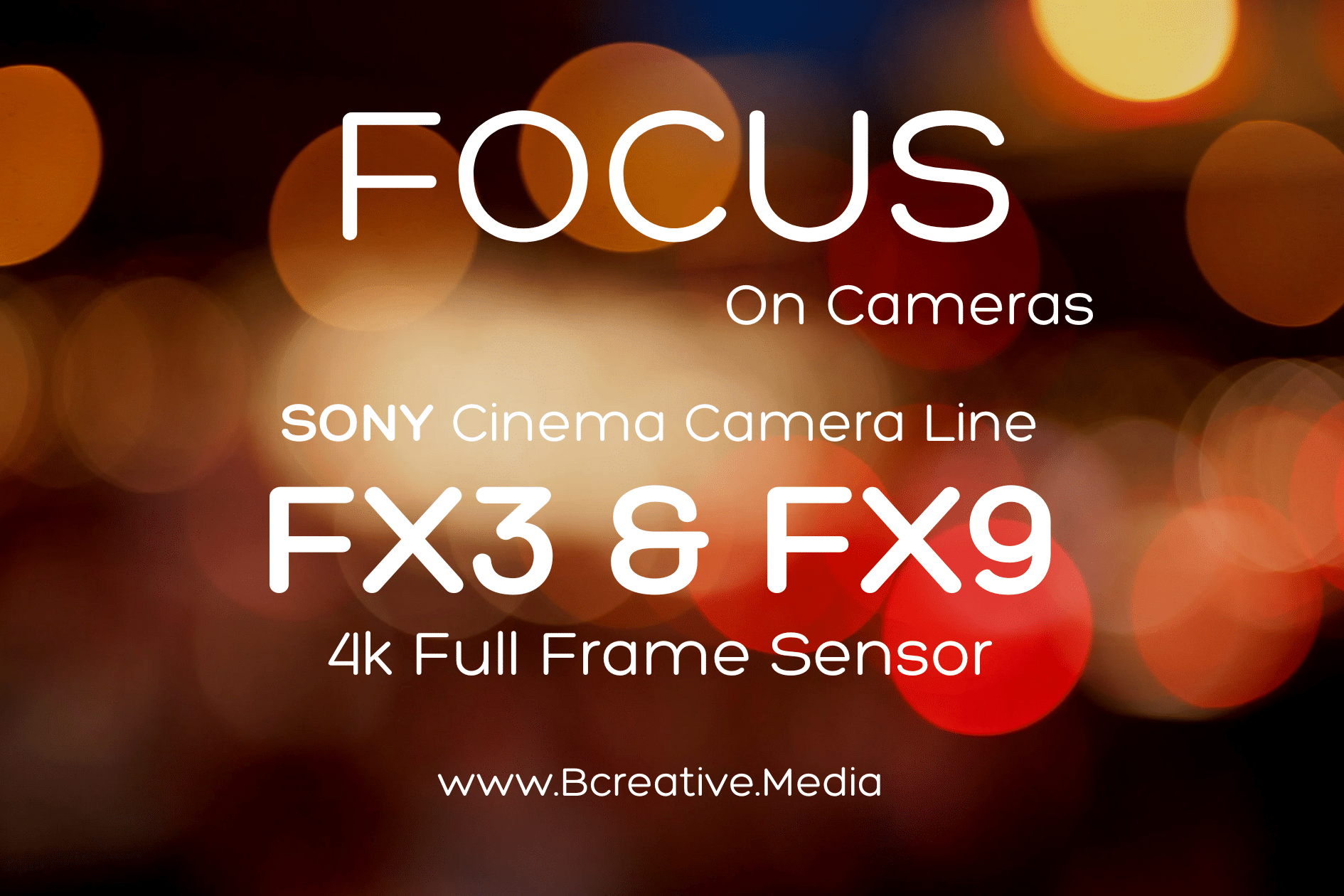Going on camera. Whether you have to read a script on a prompter, deliver canned lines, or speak off the cuff, a video shoot becomes exponentially more stressful when you have to actually say something. Here are some tips to help you knock it out of the park….
-Before you start filming: make sure you have a clear understanding of the project or script… what the director is looking for from you, what kind of mood, emotion, attitude. This will help you give a more authentic and believable performance.
-Use your body language: Body language is an important part of on-camera performance. Use your body to express emotions and convey the message you are trying to convey.
-Use your voice effectively: Your voice is an important tool for on-camera performance. Use it to convey emotion, emphasize important points, and engage your audience. In most cases, a monotone flat performance… it’s like watching a zombie.
-Be flexible: Be prepared to adapt/experiment with your performance. There is no point in having lots of takes that sound basically the same. Be open to working with the director and playing with it. All the best takes can be sorted in post and anything that would be embarrassing… that goes in the computer’s trash can. A good producer/director is out to make you look good, and get more work. Trust them and give them options.
-Stay in the moment: It’s important to stay present and focused before and while you are being recorded. Avoid thinking about your lines or what’s coming up next. Instead, focus on the scene and your performance in the moment. Ask to see playback if you think that would be helpful in fine tuning your performance. Often, once people see that they look and sound good, it puts them at ease.
-Keep distractions to a minimum: If there is a gaggle of people around making noise and chiming in… that can be very distracting and add to any stage fright you might have. Get all non essential people out of your eye line. Give them your cell phone so it’s not vibrating in your pocket. Make sure all cell phones are on silent.
-Take care of yourself: Make sure you are well-rested, hydrated, and nourished before the shoot. This will help you stay focused and energized. Ask for a break if you are feeling stressed out. Breathe.
-Keep an open mind: Be open to feedback and suggestions from the director; This will help you improve your performance and create a better end result. Keep in mind that the director is often in charge of the edit and may have ideas for shooting things that will fit nicely into the finished edit. As they used to say before the digital age… “tape is cheap”. Don’t worry about rolling the camera to get some things that seem unnecessary.
Pro Tip- If the crew is holding up paper scripts right next to the camera for you to read, 99% of the time it’s not going to look like you are looking right into the camera. When they ask if you want a Teleprompter, say yes…. you don’t have to use it, but it will be there if you want it.
Pro Tip- Bring your own pressed powder and applicator. Yes men too! You don’t want to go on camera without a little pressed powder to keep you from shining. A good makeup artist costs about a grand a day! Most of the time they are just keeping you from looking shiny. shiny people look nervous. Nervous people look shiny. For $12 you can buy a pressed powder at the local drug store… and look like a champ. A good production team will travel with a bag of assorted colors. Yes you do want to get powdered – men! It’s invisible.
Read…about Real people going on camera. It may be painful at first, but it gets easier the more you do it.
HOW TO SUCCESSFULLY HARNESS THE POWER OF VIDEO CONTENT
Forbes Councils Member
|https://www.forbes.com/sites/forbesagencycouncil/2018/11/05/how-to-successfully-harness-the-power-of-video-content/?sh=41ccdcc7c2fa



